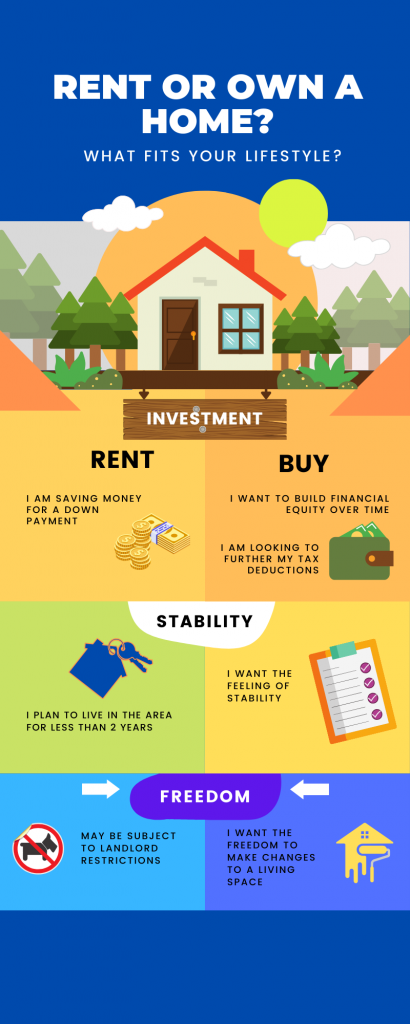
The Home Buying Process
The homebuying process may feel daunting at first, but understanding what to anticipate can make it much more straightforward. Being informed before you start can ease your anxiety and equip you to handle any challenges that arise along the way.
To support you in your home search, I’ve created a step-by-step guide to the home-buying process. By following these steps, you’ll be well-prepared and ready to make an offer on your dream home.
Step 1: Check your Credit
Before reaching out to a lender or agent, it's wise to review your credit report to understand your options. You can obtain one free credit report each year from sites like Credit Karma. Your credit score will influence your mortgage interest rate and the types of loans available to you. Generally, a credit score of 720 or higher is considered good, while a minimum score of 580 is required for an FHA loan.
Step 2: Decide on a Budget
Determining your budget is crucial. Be sure to factor in mortgage payments, as qualifying for a high-priced home doesn’t necessarily mean you’ll want that kind of payment long-term. Use a mortgage affordability calculator and research the housing market to establish a realistic and comfortable budget for your situation.
Step 3: Call Me!
As your REALTOR, I will be your guide throughout the homebuying process and be a resource for you even after your home sale. Look at my online reviews and call me to set up a buyer’s consultation.
Step 4: Get Pre-Approved
Getting pre-approved for a loan is required to put in an offer, so it is the first step. During the pre-approval process, a lender reviews your credit information and provides a letter indicating how much they are willing to lend you. This gives sellers confidence in your ability to afford their home, making your offer more appealing.
Step 5: Let’s Go Shopping!
At this point, after completing your financial preparations and having your buyer’s consultation, you likely have a clear idea of the type of house you want and the area you're interested in. I can be an invaluable resource, as I have insight into upcoming listings and can help you find homes that match your criteria.
Step 6: Make an Offer
Once you've found a home you love, I will help you formulate an offer based on the property's listing price. I’ll guide you on how to structure your offer, considering the current market conditions, any necessary contingencies, and the need for inspections.
Step 7: Home Inspection
This is a crucial step for negotiations if your offer includes it. Should the inspector uncover any hidden issues, you can use this information to negotiate with the seller. It’s also an ideal time to measure spaces.
Step 8: Secure Insurance and Utilities
If you’ve owned a home before, you just need to inform your insurance agent about your new purchase. However, if you’re a first-time buyer, you'll need to obtain homeowner’s insurance, which is required by lenders and essential for protecting your investment. Additionally, ensure your utilities are set up before your move-in date to avoid arriving to a house without electricity.
Step 9: Close on Your Home
Closing day is a pivotal moment in the home-buying process, and having me by your side is vital. During closing, you'll review and sign all documents related to your new home. I will help ensure everything runs smoothly and is in order for you.
Step 10: Move In!
Congratulations—you’ve made it to the finish line! Your contract will specify the exact move-in date, and after that, you can officially transform your new house into a home. Once settled, you can start enjoying the many benefits of homeownership.
Benefits of Owning a Home
While buying a home can feel overwhelming—especially with the significant upfront costs and long-term financial commitment—it’s one of the biggest and most rewarding decisions you can make. Here are some key advantages of owning a home:
- Privacy and Control: You have full autonomy over your living space.
- Predictable Payments: A fixed-rate mortgage offers more stability compared to renting.
- Tax Benefits: Many payments towards your mortgage may be tax-deductible.
- Pride of Ownership: Owning a home fosters a sense of belonging in your community.
- Building Equity: As you make payments, you increase your ownership stake.
- More Options: Homeownership often provides greater flexibility within your budget.
While there are many advantages to consider, it’s essential to evaluate your financial stability and long-term plans. Homeownership is a commitment that typically requires a steady income, a solid budget, and a good credit score—especially since your credit can significantly impact your ability to buy a home compared to renting.

